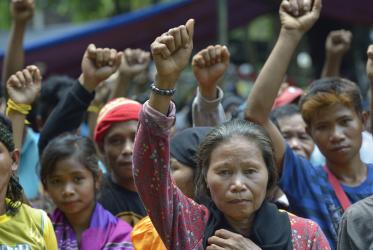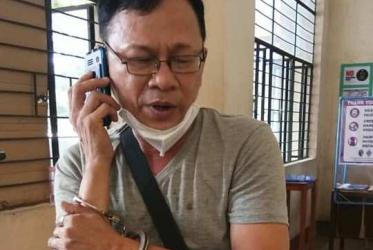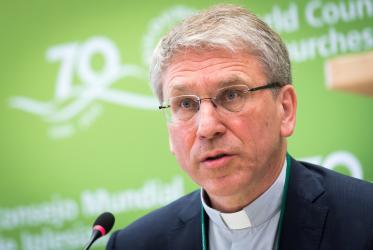Displaying 1 - 20 of 23
WCC organises event on “The Human Rights Situation in the Philippines”
18 September 2019
ÖRK-Exekutivausschuss äußert sich zu Migrationskrise
12 June 2015
WCC Executive Committee speaks out on migrant crises
12 June 2015







